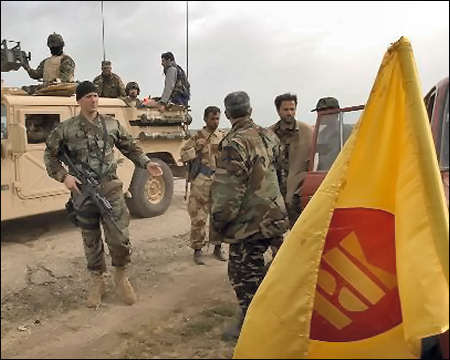KDP’s Thirst for Power: Thousands of New Soldiers Recruited Amid Financial Crisis
Despite the Kurdistan Region’s already bloated military, the Kurdistan Democratic Party (KDP) has recruited thousands of new soldiers in the past six months, exacerbating financial strain and deepening the region’s political divisions.
The Kurdistan Region is grappling with an overwhelming number of troops, yet the Kurdistan Democratic Party (KDP) continues to expand its military forces. In the past six months alone, thousands of new soldiers have been recruited. While there is no official data on the total number of soldiers in the region, numerous groups have been receiving salaries under various names for decades, burdening the citizens’ budget.
The military landscape in the Kurdistan Region is fragmented and complex. The 70th Force is affiliated with the Green Party (PUK), and the 80th Unit is tied to the Yellow Party (KDP). The Barzani Army, led by a member of the Barzani family Barzani’s son, the Zerevan Army, led by Massoud Barzani’s brother, and other forces such as the “Parastin” forces, “Dija terror” Security Council, and “Special Brigades,” contribute to the myriad of troops with unclear official duties.
According to Soran Omar, a member of the Iraqi parliament, the two ruling parties have recruited 23,000 people as fighters in the past six months. This surge in recruitment has further strained the region’s finances. It has been over 120 days since the Iraqi government last issued salaries, citing the unjustified increase in troop numbers. Despite the clear evidence of this rapid expansion, Kurdish leaders continue to deny any wrongdoing.
Kurdfile: The unchecked recruitment of soldiers highlights the ongoing corruption and mismanagement within the Kurdish political and military systems. The recruitment drives, often aimed at consolidating power, neglect the broader implications for the region’s stability and economic health. As salaries remain unpaid and the budget strains under the weight of unnecessary military personnel, the people of the Kurdistan Region are left to bear the consequences of their leaders’ actions.

